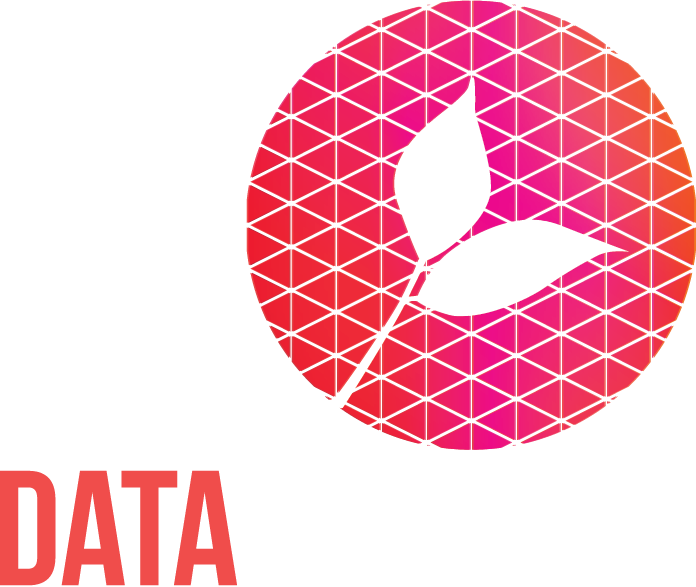Citizens Advice Manchester: a journey to data maturity
Data maturity case study
Citizens Advice Manchester offers free, confidential, impartial and independent advice and information on a wide range of subjects, including debt, housing, domestic abuse and immigration. As well as offering face-to-face advice sessions, they also offer support via telephone, email, webchat, WhatsApp and Facebook, and host thirteen ‘digital hubs’ across the city, where clients are supported to self-help.
For many small-to-medium sized nonprofits, ‘data’ can end up sitting with one person, who may, or may not, have the word ‘data’ in their job description. Until 2018, when Citizens Advice Manchester’s journey to improve their use of data began with a vengeance, that one person was Stuart Pearson. As Chief Digital Officer, Stuart perhaps had the best access and aptitude for data, but had assumed ownership of it more by default than by design.
In 2018, when Stuart attended our first Data4Good Conference, the lightbulb moment occurred.
“It really got me thinking about the organisation’s relationship with data – that it was just one person’s responsibility and one person’s function, when, really, everyone should be data literate, understand where data comes from and what it’s telling us.”
Stuart was introduced to our data maturity framework, and found that it really resonated with the way he was already feeling – that the organisation needed to move from one where data was one person’s responsibility, to one where data was everyone’s opportunity. He also felt that moving from talking about being a data-driven organisation to actually being a data-driven organisation, went hand-in-hand with moving from being funder-led, to being client-led.
By 2019, when we launched our online Data Maturity Assessment Tool, the bug for data improvement had well and truly bitten Stuart, and Citizens Advice Manchester were one of the first organisations to use the tool.
“Completing the assessment really showed that, within the organisation, we had a real gap between where people thought we were with data, and where we actually were. It was a real conversation starter that allowed me to begin talking to our Board and leadership team about where we really were in our data maturity journey, what we might do to improve, and how we were positioned to meet our business plans.”
From there, the next step was to identify some distinct projects that would help make the business case for taking a more mature approach to data. The first project involved opening up access to data within the organisation’s busy contact centre. By creating an easy-to-use dashboard that gave the team managers access to daily reporting, the project ultimately allowed for improvements in the team that led to them answering an extra 6,000 calls (a 12% increase) the following year, with no extra staff.
With real-life evidence of the power of their data, Stuart has found buy-in across the organisation swift. They now have a pipeline of similar dashboard projects for other teams planned.
“I am a real believer in transparency. The more eyes on a piece of data, the more insights you're going to get and the more chances of getting better answers,” says Stuart.
The success of the project, coupled with the outcomes of their Data Maturity Assessment, has led to investment in a new trainee Data and Digital Officer role, to help support some of their improvement plans. It also led to Stuart’s job role being adjusted to more formally take on data, with aspects of the results of the Data Maturity Assessment being included in his job description and KPIs.
With a new business plan imminent, metrics from the Data Maturity Assessment are being formally built in to the organisation’s plans too, and the plan is to repeat the assessment on at least a yearly basis, to measure progress and help pinpoint areas of improvement.
Highlights
Tool used: Data Maturity Assessment Tool
Outcomes:
Improved buy-in for data improvement at senior management level.
Approval for data projects.
Creation of a new data-focused role.
Formal inclusion of data metrics in business plan as well as job roles.
Future plans:
To complete Data Maturity Assessment on a yearly or six-monthly basis.
To continue using metrics from Data Maturity Assessment in business planning and KPIs.

